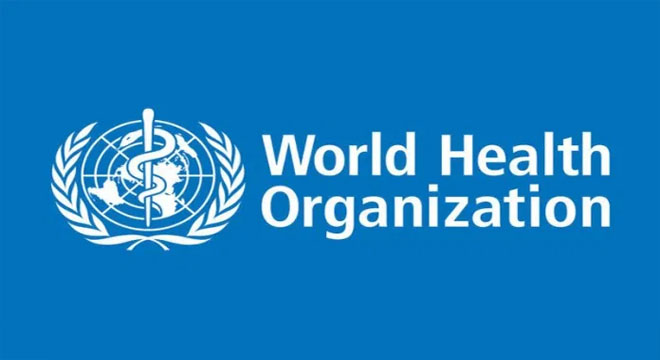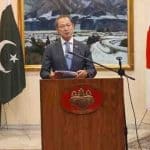ISLAMABAD, : World Health Organization’s (WHO) representative in Pakistan, Dr Palitha Mahipala on Tuesday said that WHO was fully committed to continue supporting the efforts of government, civil society organizations and people living with HIV (PLHIV) to strengthen health systems to increase their resilience against the disease.
In a message on World AIDS Day, Dr Palitha said that there were many new approaches that WHO was adopting to ensure HIV care during the COVID-19 pandemic like providing multi-month dispensing of HIV medicines and courier distribution and virtual support groups to protect the health of people on HIV treatment and to reduce the burden on a stretched health services.
“Today we are commemorating the ‘World AIDS Day, 2020. This day was intended to be a milestone year for achieving the global 90-90-90 targets because by 2020, the aim was to ensure that, 90% of people living with HIV knew their status, 90% of people with diagnosed HIV infection received treatment, and 90% of those receiving treatment were virally suppressed.”
He said, “However, we were already behind on these global targets and then came the COVID-19 pandemic, which has caused widespread disruption and has threatened to reverse many gains made in health and other developmental areas.
Dr Palitha said, “We have worked tirelessly to respond to COVID-19 and ensure that affected essential health services, including HIV prevention, diagnosis and treatment are least disrupted.”
He said that COVID-19 has come at a critical time for the HIV epidemic, in Pakistan. There are an estimated 190,000 people living with HIV (PLHIV) and the epidemic is evolving on an unprecedented scale.
In the year 2019 alone, 25,000 new HIV infections occurred in the country, a 75% increase compared to the baseline year of 2010. Yet only one third of PLHIV in the country have been diagnosed and only 15% are accessing antiretroviral therapy, he added.
He said that during lockdown measures, it became difficult for PLHIV to get to the health facilities, for outreach workers to reach out to key populations and for health services to cope with COVID-19 alongside other diseases.
He said that the HIV services workforce has been depleted, either due to redeployment in the COVID-19 response or, unfortunately, COVID-19 infection. This has put many PLHIV at risk of not receiving their life-saving medications and services on time.
He said that the pandemic has also offered an opportunity to introduce innovations such as multi-month dispensing and courier distribution of medicines, and virtual support groups and consultations with patient.
Similarly, partnership with civil society has been a key in ensuring continued engagement with HIV service clients, maintaining continuity of their services and supporting their adherence during this difficult time, he added.
“The challenges and disruption have revealed a lack of resilience in our health systems, including HIV programmes. For this reason, our regional theme for World AIDS Day 2020 is ‘Resilience of HIV services ’.
Our goal is to help country to build stronger, more networked and more integrated HIV health services which remain strong when faced with emergencies.”
He said that everyone has the right to the highest attainable health standard, and preoccupation with an emergency should not deter us from maintaining essential health services for those who need them.
Follow the PNI Facebook page for the latest news and updates.









